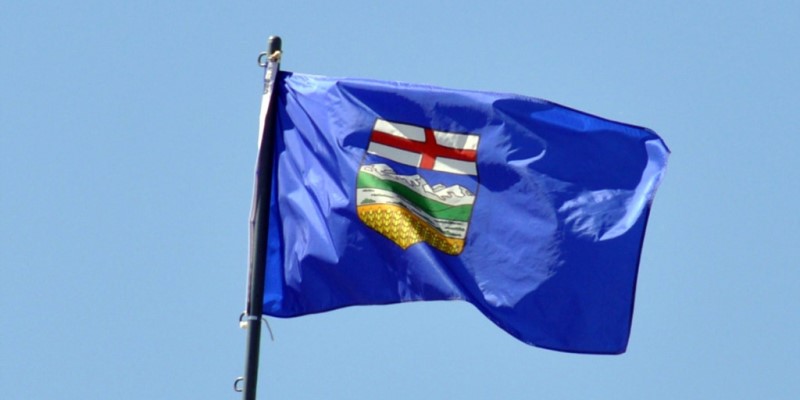Complacency about Alberta’s debt is a dangerous mistake

Alberta is racking up debt faster than any other province in Canada, and proponents of complacency are making a dangerous mistake.
It’s widely known that Alberta’s finances are a mess. This year, the provincial government forecasts an $8.7 billion operating deficit. That’ll be 11 deficits in the last 12 years. This lengthy era of deficit spending has caused a rapid run-up in debt. Alberta was “debt free” as recently as 2014/15. This year, net debt (all debt minus financial assets) is on track to hit $36.6 billion.
Some commentators say Albertans shouldn’t worry about government debt because the province currently carries less of it (per-person and relative to the size of the economy) than other provinces. And this is true. But this attitude ignores just how fast Alberta is adding debt and how quickly it will catch up to other provinces if recent trends continue.
Let’s start with government debt per person. In 2014/15, Alberta carried no net debt at all and was the only province that could make this claim. In 2019/20, however, Alberta’s debt will reach a projected $8,379 per person. The province is now within spitting distance of British Columbia where per-person debt is only $500 higher. In fact, next year Alberta is expected to surpass B.C. in per-person debt, and by 2022/23, to have more debt per person than Saskatchewan has today.
Perhaps even more alarming is just how quickly Alberta is catching up to the most indebted provinces in the country.
Consider Quebec, which was long considered the posterboy for poor fiscal management, but has managed to start righting the ship in recent years. By 2022/23, Alberta’s per-person debt is forecasted to be more than half as large as Quebec’s. The gap between Alberta and perennially high-debt jurisdictions in Atlantic Canada is also shrinking quickly.
It’s important to also consider the scale of government debt relative to the size of the economy. Alberta’s economy is larger per-person than all these other jurisdictions, which has implications for how much debt the province can safely carry. Alberta’s current debt-to-GDP ratio, which compares the amount of debt in each jurisdiction to the size of the economy, is still the smallest of any province.
But because Alberta’s debt has grown much faster than its economy in recent years, the debt-to-GDP ratio is climbing quickly. Since 2007/08, Alberta’s net debt-to-GDP ratio has grown by 25 percentage points. That’s by far the largest increase of any province. Again, Alberta is catching up fast.
Finally, Alberta could once reasonably claim to have the strongest finances in Canada. This is no longer the case—not by a long shot. In fact, a recent report from the Parliamentary Budget Office showed that Alberta has the least sustainable public finances of any of Canada’s large provinces.
Almost 20 years of nearly uninterrupted irresponsible fiscal management is finally catching up with Alberta. Government after government ignored signs of trouble, and now the bill is due. Further complacency would cause that bill to grow even larger, and future generations of Albertans will be the ones to suffer for the provincial government’s perpetual failure to live within its means. The Kenney government should keep this in mind when preparing its next budget.
Author:
Subscribe to the Fraser Institute
Get the latest news from the Fraser Institute on the latest research studies, news and events.

